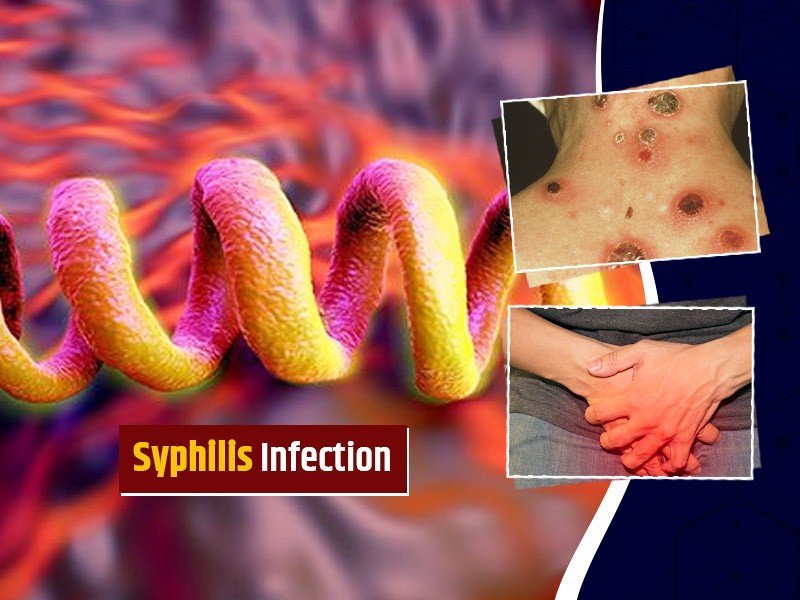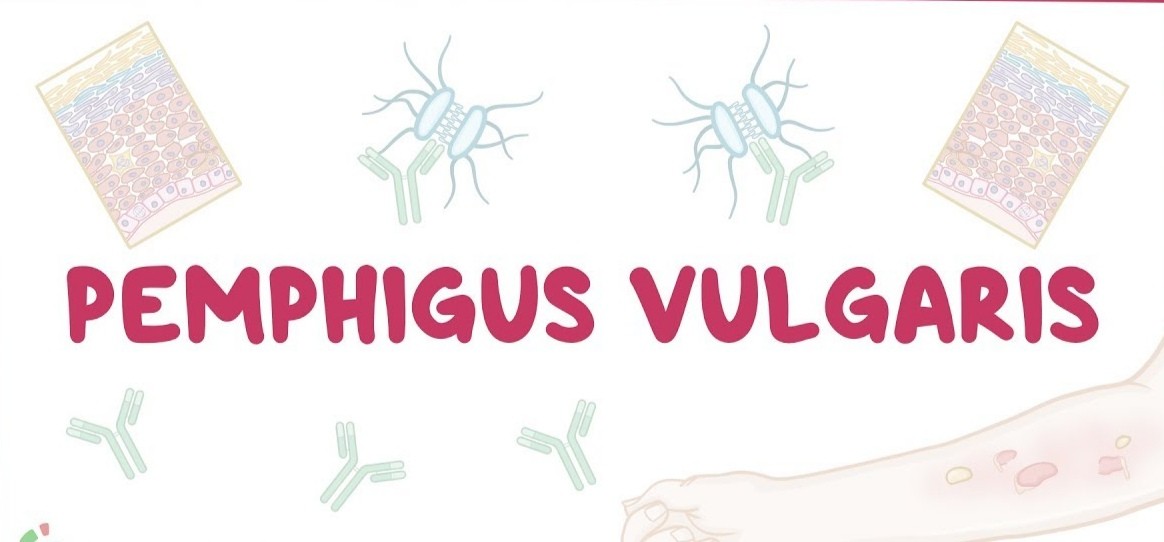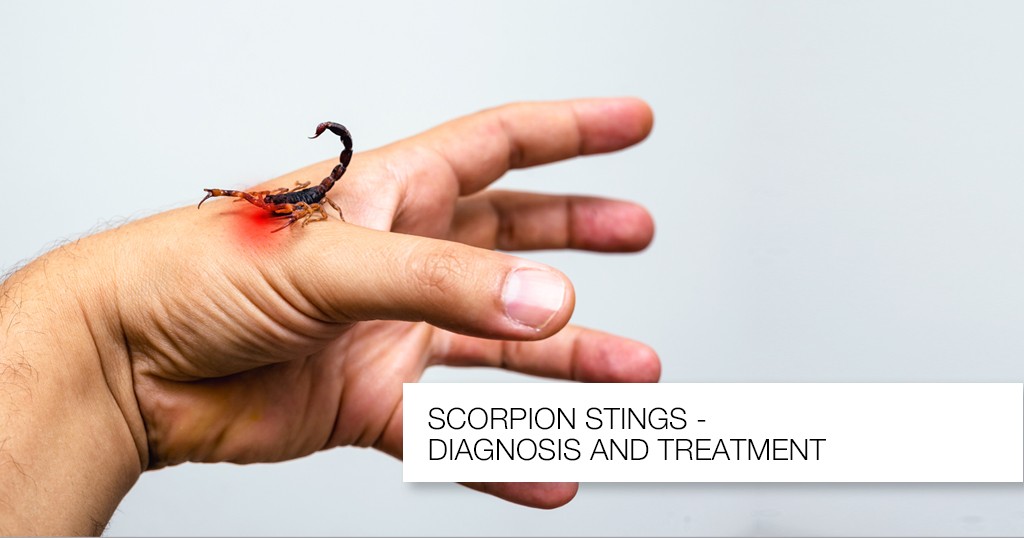Published - Fri, 04 Nov 2022

Neurologic and Pharmacologic Urinary Retention
A. NEUROLOGIC
CAUSES: Urinary retention may occur secondary to spinal cord trauma or compression, neuropathy (e.g., multiple sclerosis, diabetes mellitus, Guillain-Barré syndrome, tabes dorsalis), or viral infection.
CLINICAL FEATURES
1. Spinal cord injury or spinal shock
a) Areflexia (atonic) bladder is seen with spinal pathology at or below the second lumbar vertebra.
b) Reflex (hypertonic) bladder is seen with pathology above the second lumbar vertebra.
2. Spinal cord compression: Back pain, gait disturbance, and hyperreflexia accompanying urinary retention may be indicative of spinal cord compression (e.g., by a tumor, herniated disk, or abscess).
DIFFERENTIAL DIAGNOSES
— Drug-induced retention
— Urinary retention secondary to pain
— Psychogenic causes
— Renal failure
— Abdominal aortic aneurysm
— Bowel obstruction
— A gravid uterus
EVALUATION: A CT scan or magnetic resonance imaging scan should be obtained to evaluate spinal cord trauma or suspected compressive etiologies.
THERAPY
1. Acute relief
a) Atonic bladder may be relieved with self-catheterization or urecholine therapy.
b) Hypertonic bladder may be relieved with self-catheterization or flavoxate or oxybutynin therapy.
2. Definitive therapy depends on the underlying cause. Consultation with a specialist (e.g., a neurosurgeon, orthopedic surgeon, or neurologist) may be necessary.
B. PHARMACOLOGIC
CAUSES:
— Antihistamines
— Antidepressants
— α-adrenergic medications, including over-the-counter preparations, and many illicit drugs.
DIFFERENTIAL DIAGNOSES
— Urethral obstruction
— Neurogenic retention
— Urinary retention secondary to pain
— Psychogenic causes
— Renal failure
— Abdominal aortic aneurysm
— Bowel obstruction
— A gravid uterus
EVALUATION
1. Patient history: A thorough patient history, including recently prescribed medications, often suggests the etiology.
2. Physical examination should rule out other causes.
THERAPY: Catheterization will provide acute relief. The offending medication should be discontinued following consultation with the patient’s primary care physician.
Created by
Comments (0)
Search
Popular categories
Latest blogs

All you need to know about Syphilis
Tue, 15 Nov 2022

What is Pemphigus Vulgaris?
Tue, 15 Nov 2022

Know about Scorpion Stings
Sat, 12 Nov 2022

Write a public review